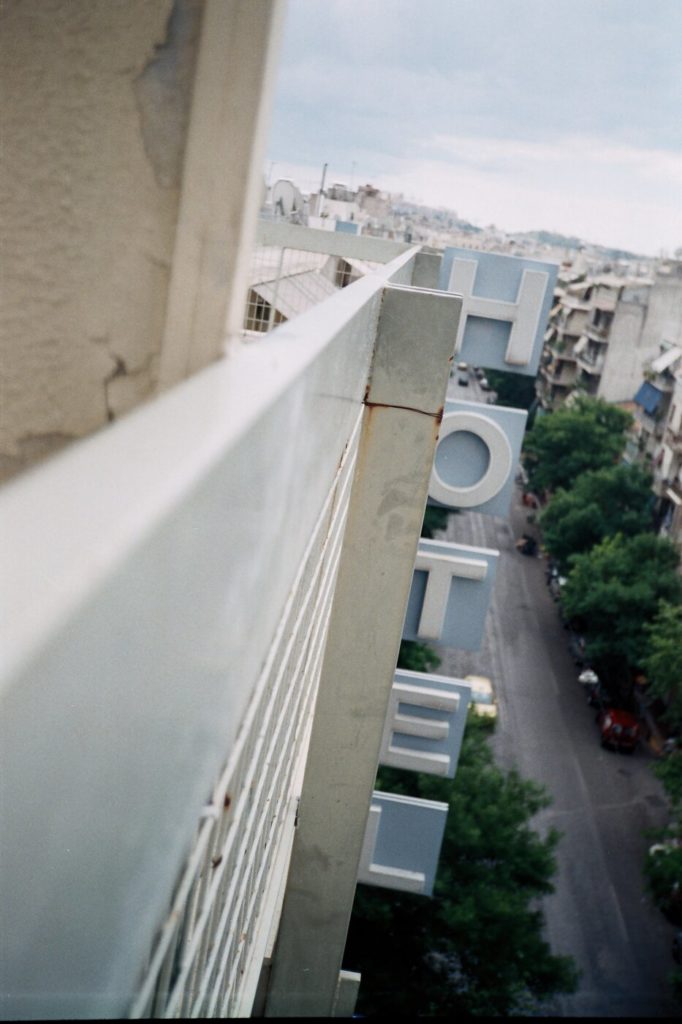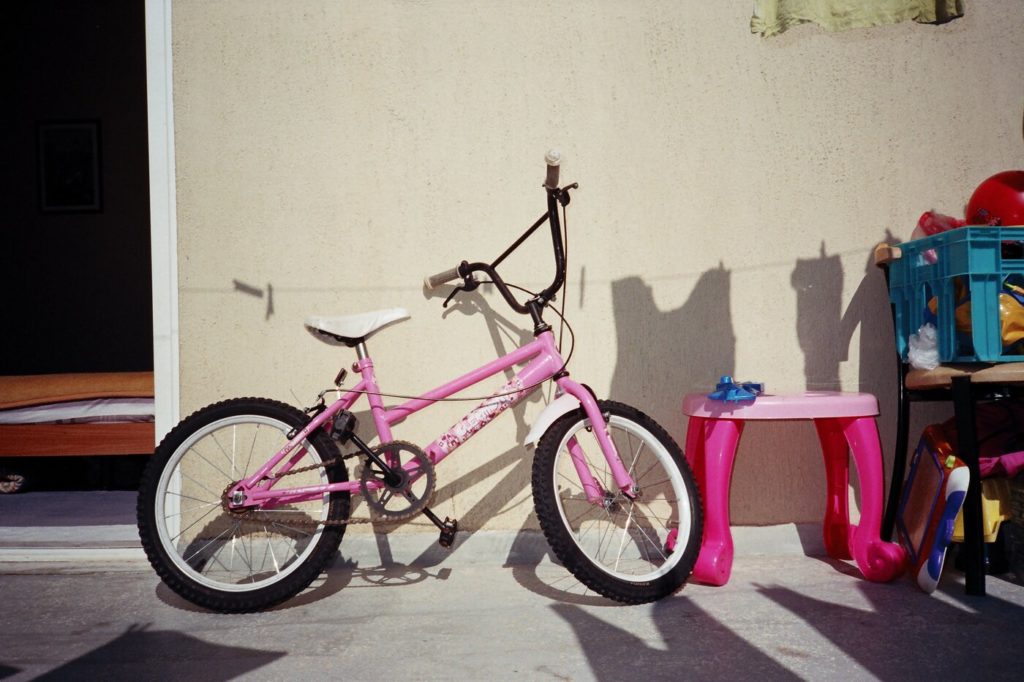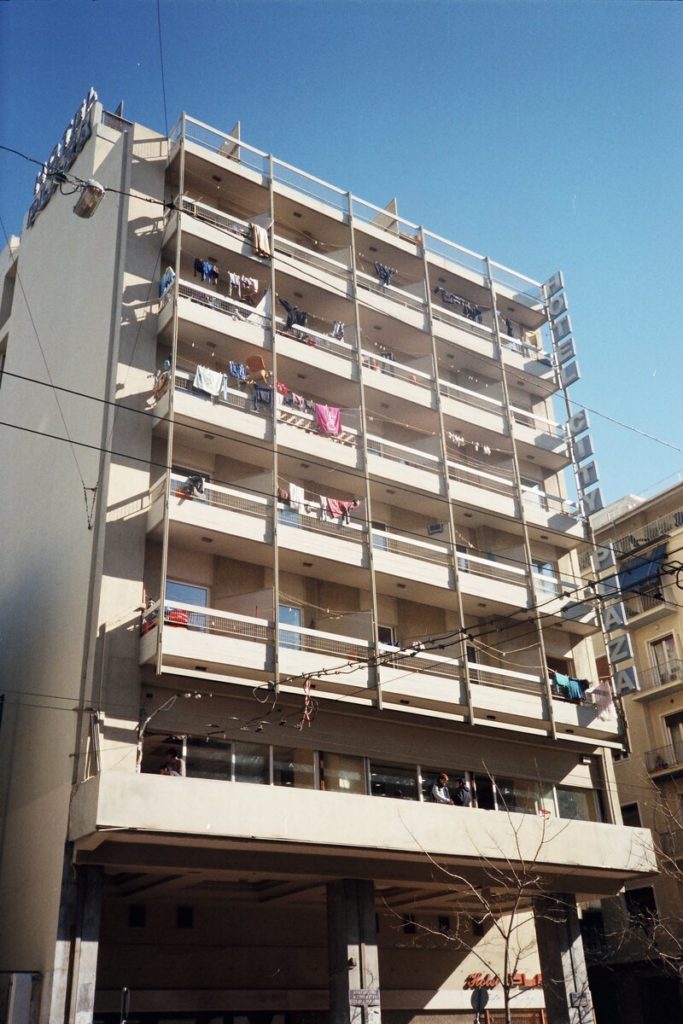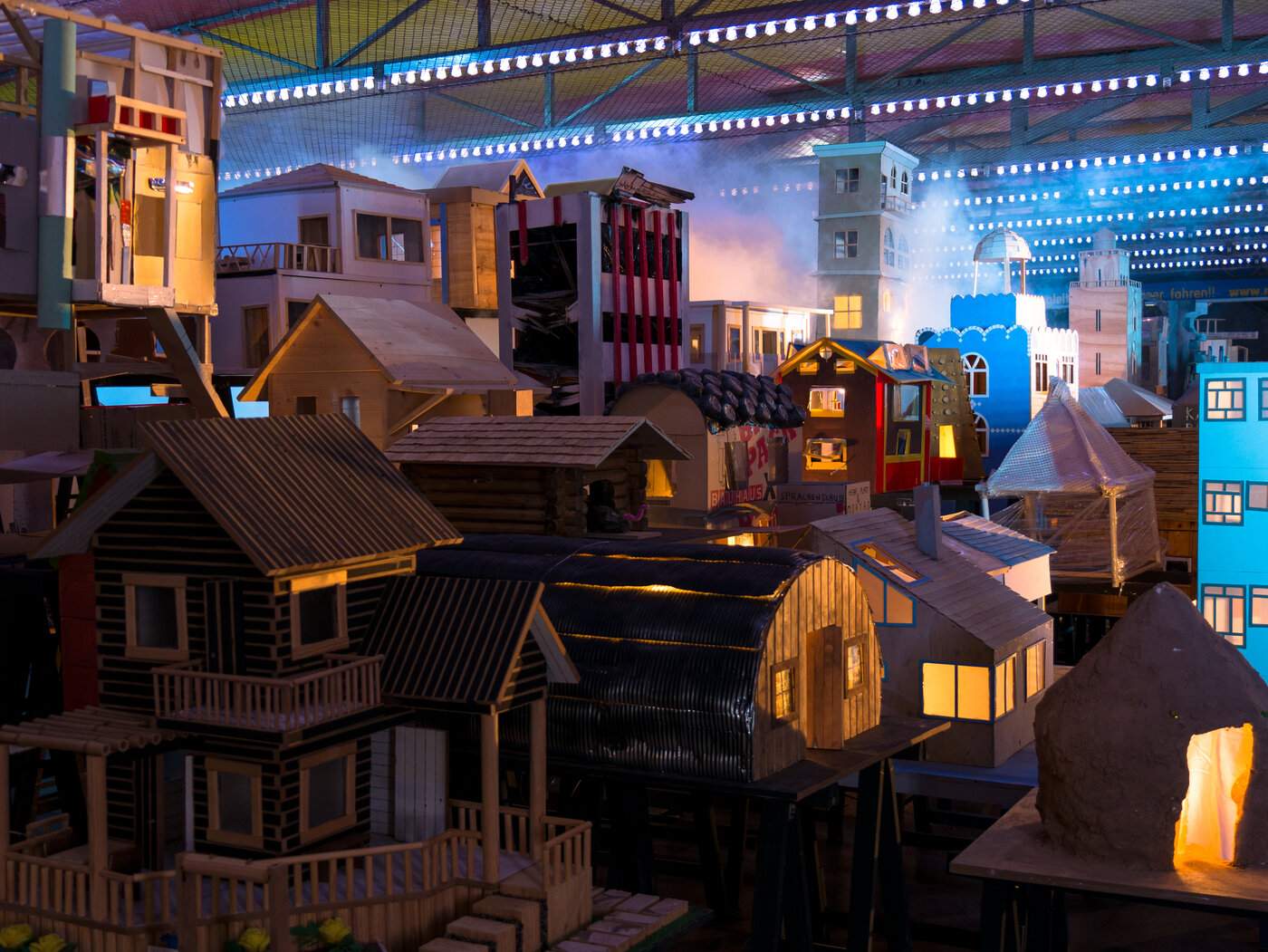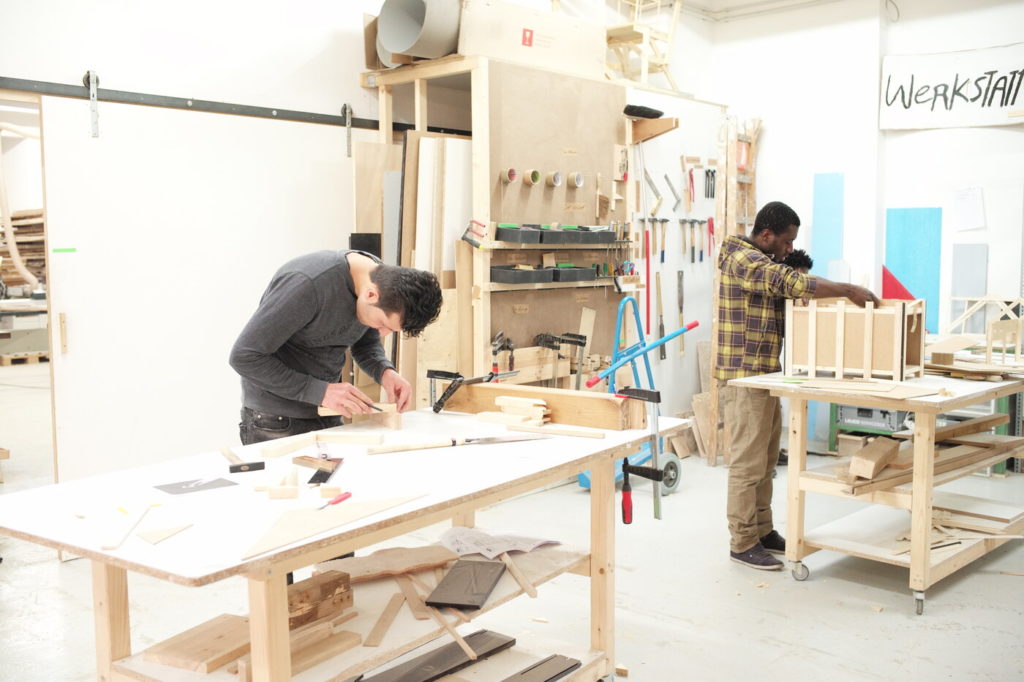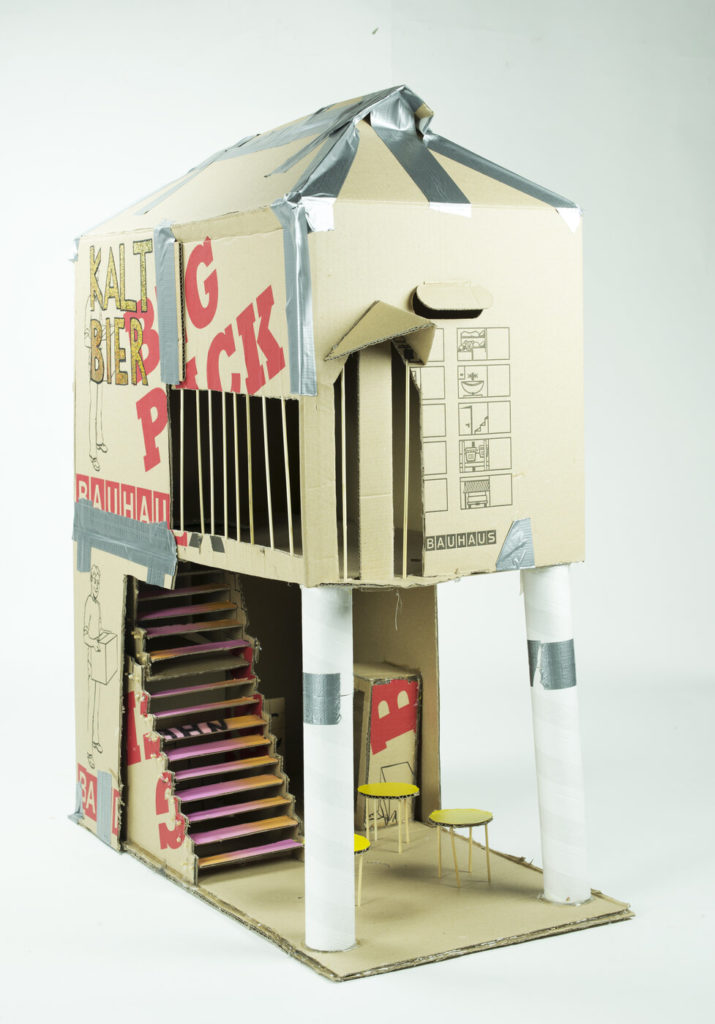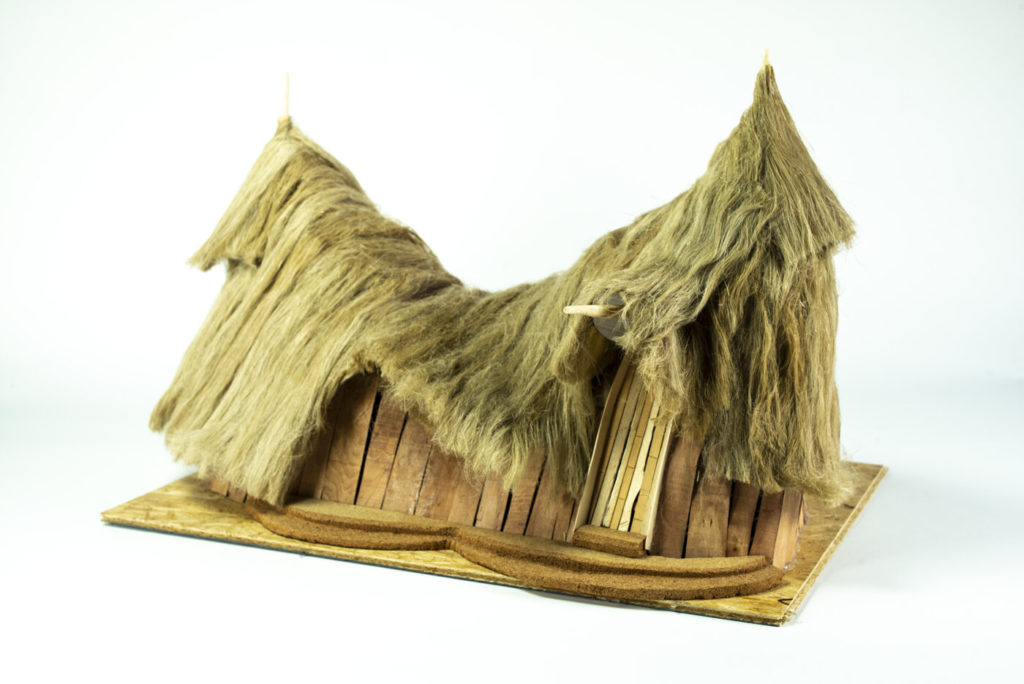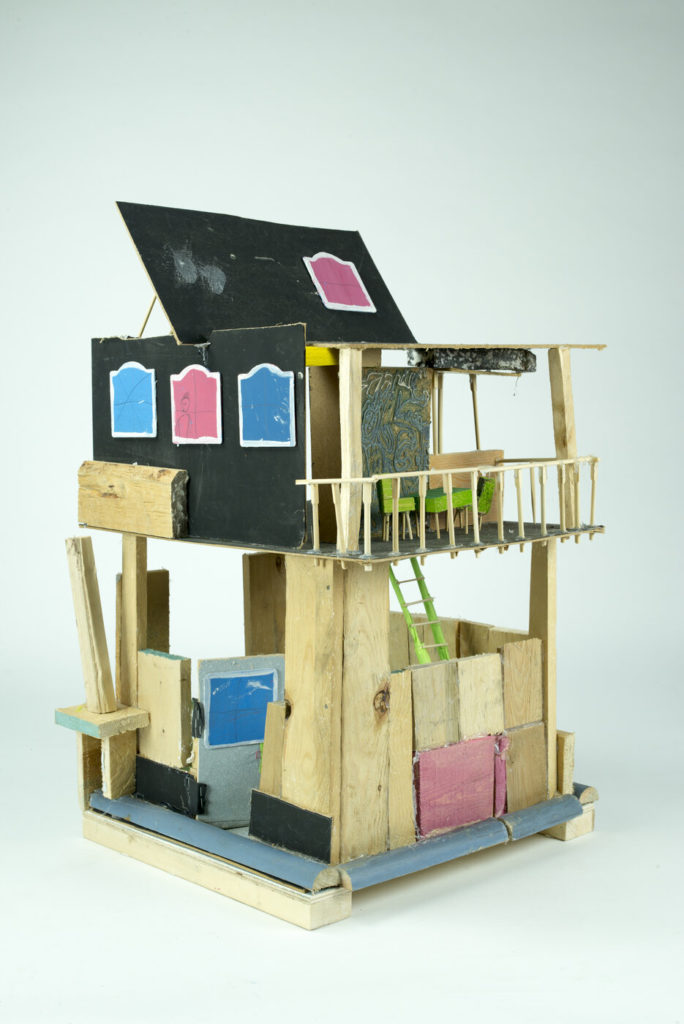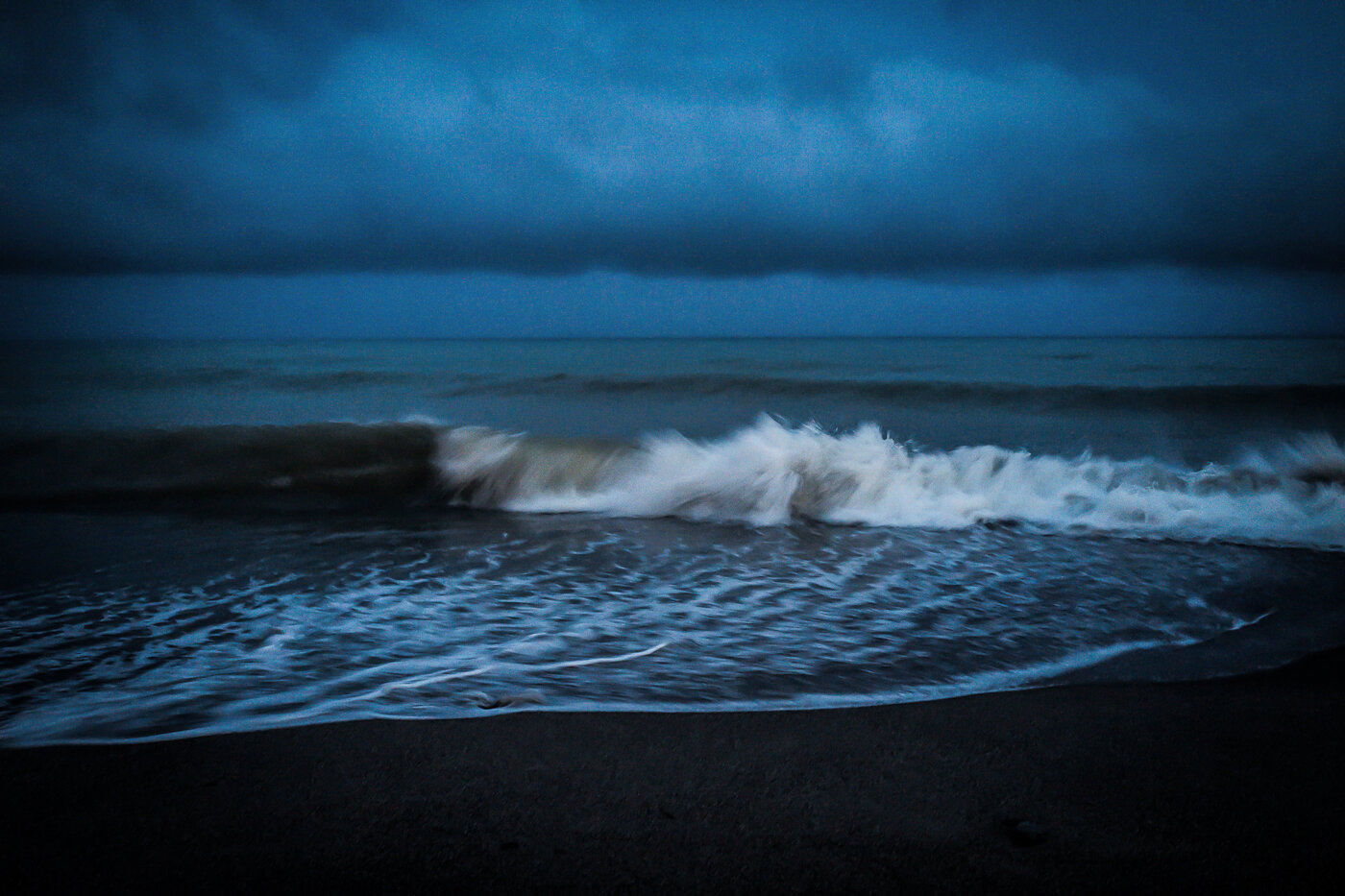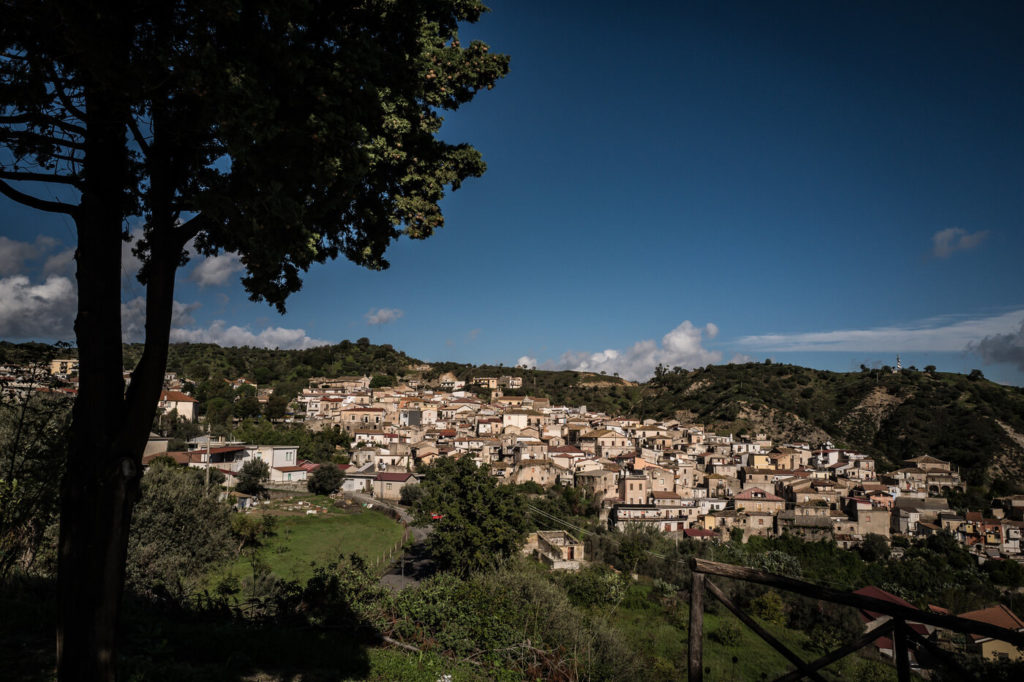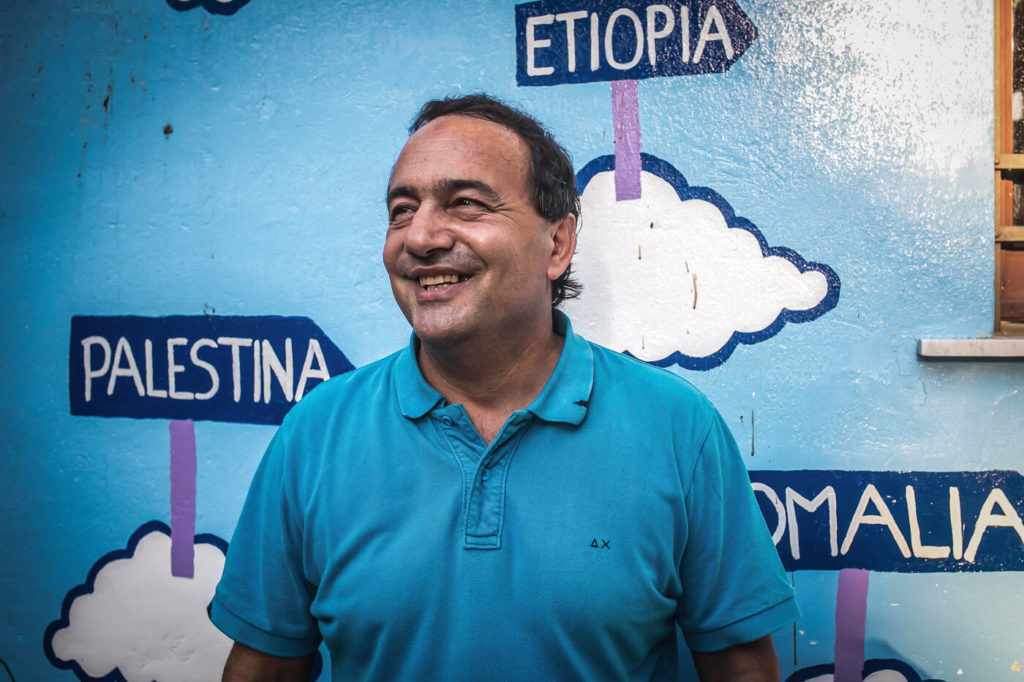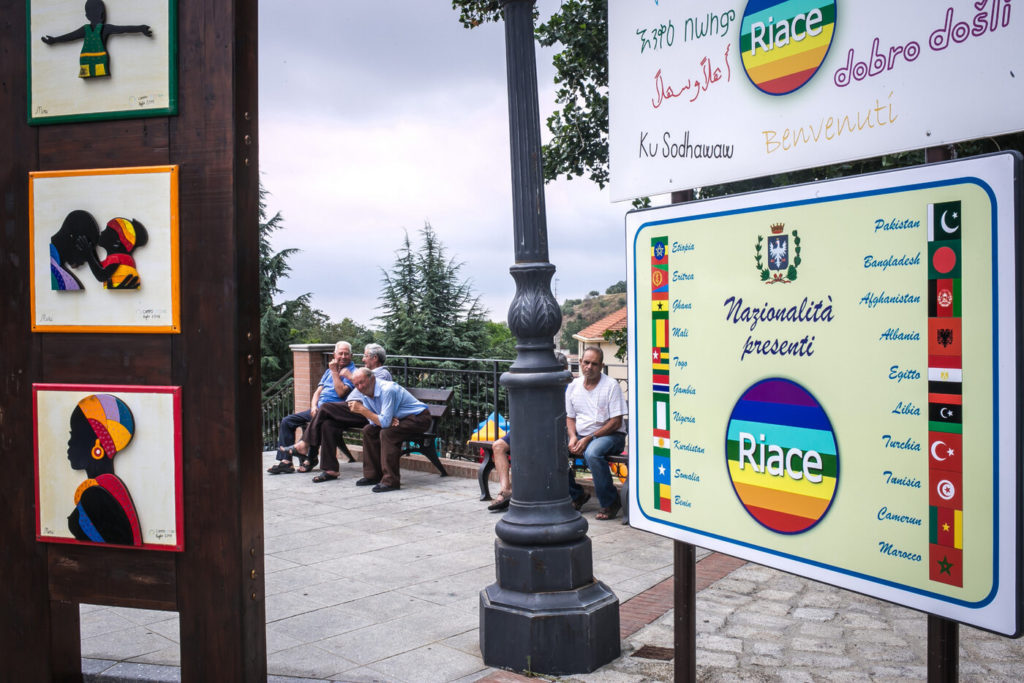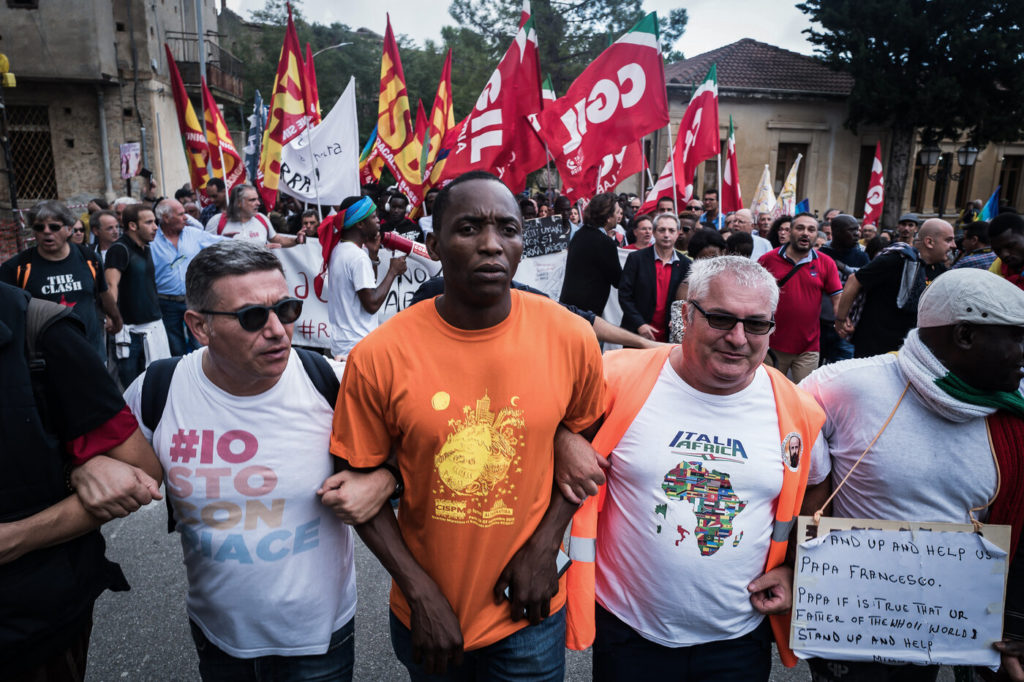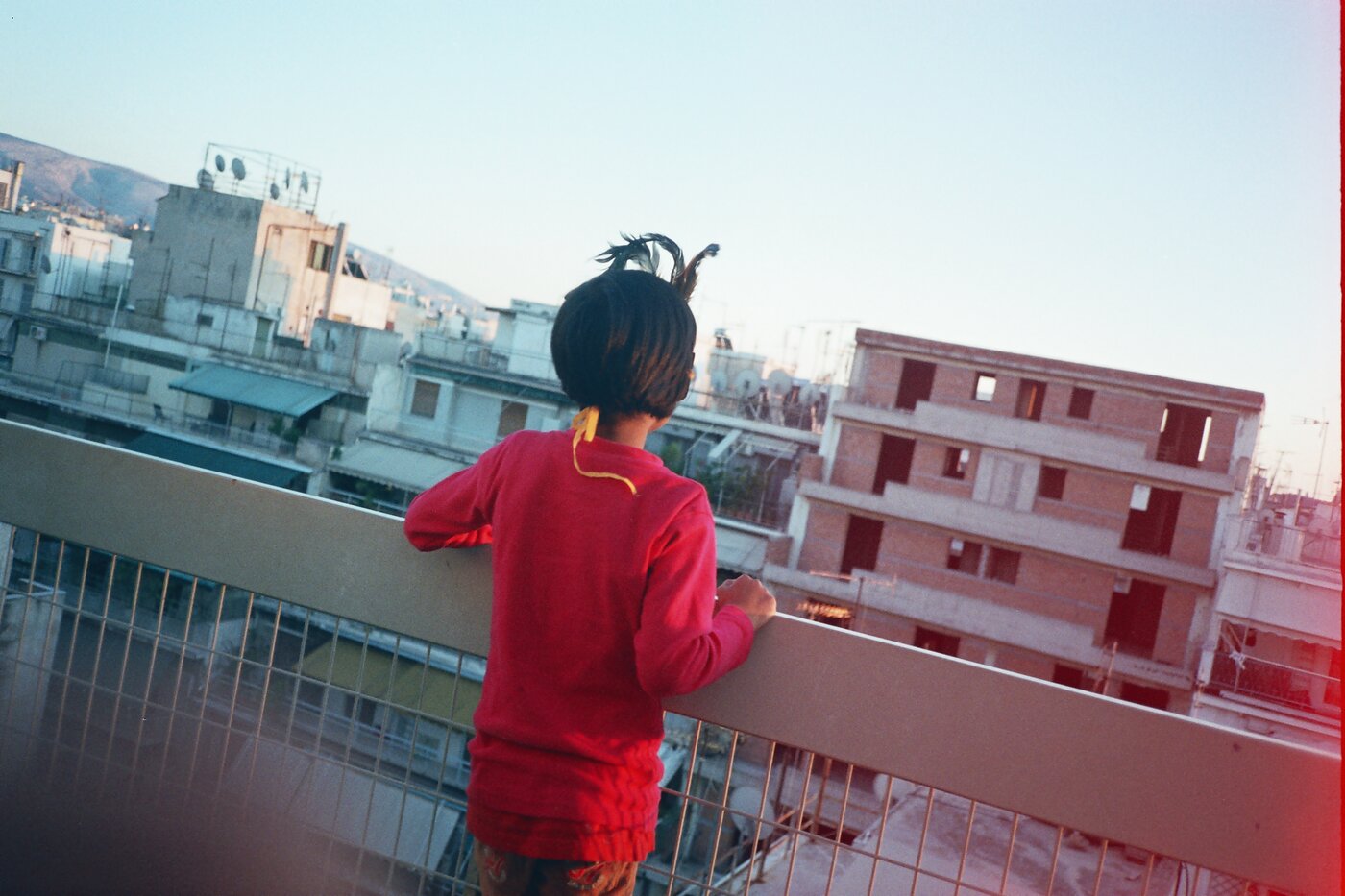
The City Plaza Hotel in Athens’ Victoria district stood empty for a long time. In April 2016, an initiative, together with stranded refugees from Iraq, Afghanistan, Syria, and many other places, occupied the building. They transformed the 126-room ex-hotel into a residential complex and managed it themselves. In doing so, the project is a demonstration of the practice of economic and political solidarity with refugees. Thus, it was also a center for the fight against racism, borders, repressive migration policies, and social exclusion. After thirty-six months, the experiment came to an end in 2019. Despite the project’s brevity, this building in central Athens, as well as the activities that unfolded there, represent critically important topics to all of us—and not only in times of crisis.
